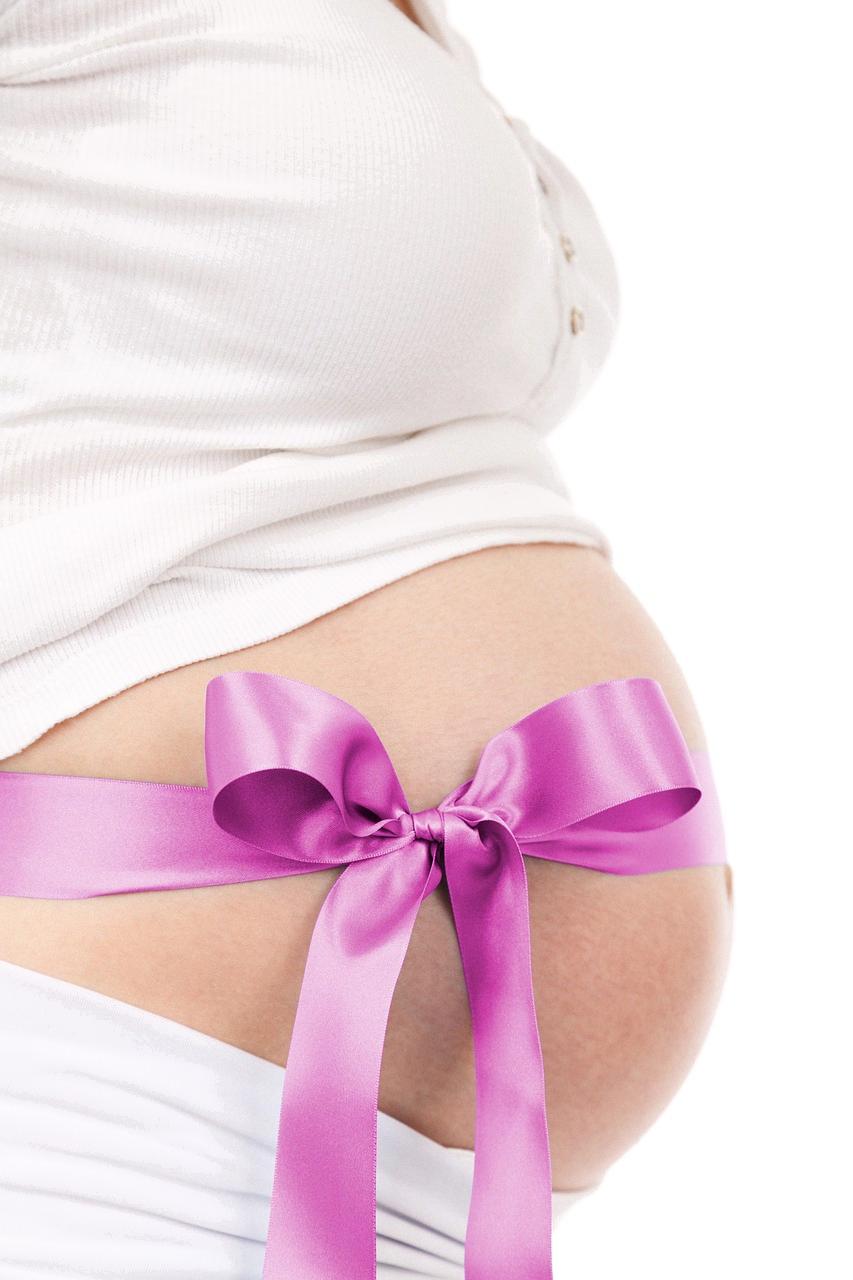During pregnancy, women experience a multitude of changes in their bodies, and one common issue encountered is constipation. It’s a discomfort many expectant mothers face, leading them to wonder about the safety of using stool softeners. Stool softeners are products designed to alleviate constipation by moistening the stool and making it easier to pass. Two common examples include docusate sodium, known as Colace, and docusate calcium, marketed as Surfak.
The Safety of Stool Softeners while Pregnant
One of the primary concerns expectant mothers have is whether stool softeners are safe during pregnancy. The good news is that stool softeners are generally considered safe for use during pregnancy. The active ingredients in stool softeners are minimally absorbed by the body, which means they are unlikely to harm the developing baby.
How Stool Softeners Work
Stool softeners work by drawing water into the stool, making it softer and easier to pass. They do not typically cause contractions in the intestines, which is a common concern with laxatives. Instead, they promote a smoother and more comfortable bowel movement, relieving constipation without the risk of straining.
Consulting Your Healthcare Provider
While stool softeners are generally safe for use during pregnancy, it is always advisable to consult with your healthcare provider before starting any new medication or supplement, including over-the-counter products like stool softeners. Your doctor can provide personalized advice based on your individual health needs.
Managing Constipation Safely
In addition to considering stool softeners, there are other methods to manage constipation safely during pregnancy. These include staying hydrated, eating a fiber-rich diet, engaging in regular physical activity, and establishing a routine for bathroom visits. It’s essential to prioritize your digestive health during this crucial time.
The Role of Diet and Hydration
Diet plays a significant role in regulating bowel movements. Consuming foods high in fiber, such as fruits, vegetables, whole grains, and legumes, can help prevent constipation. Additionally, staying hydrated by drinking an adequate amount of water each day is essential for maintaining healthy digestion.
Listen to Your Body
During pregnancy, it’s crucial to listen to your body and pay attention to any changes or discomfort you may experience. If constipation persists or becomes severe despite lifestyle modifications and the use of stool softeners, it’s essential to seek guidance from your healthcare provider to rule out any underlying issues.
Consideration of Risks and Benefits
When evaluating the use of stool softeners during pregnancy, it’s vital to consider the potential risks and benefits. While stool softeners are generally safe for most pregnant women, individual factors and medical history may impact their suitability for you. Your healthcare provider can help weigh these considerations.
Taking Precautions
If you decide to use stool softeners during pregnancy, it’s essential to follow the recommended dosage instructions provided on the packaging or as directed by your healthcare provider. Avoid exceeding the recommended dose to prevent any potential adverse effects on you or your baby.
Final Thoughts
In conclusion, stool softeners can be a safe and effective option for managing constipation during pregnancy. By understanding how these products work, consulting your healthcare provider, prioritizing your diet and hydration, and listening to your body’s signals, you can navigate constipation issues with confidence and care for your well-being and that of your developing baby.

